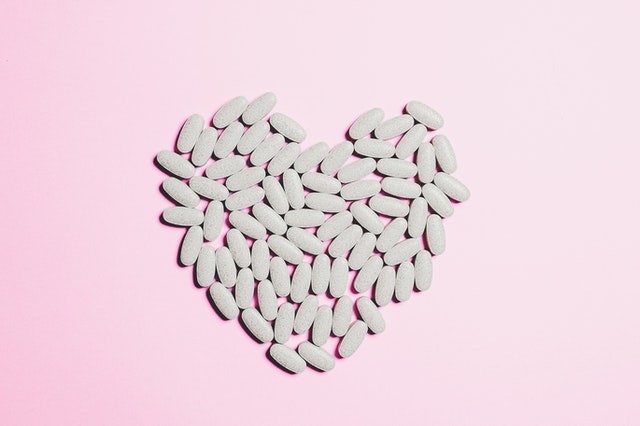There is a recommended daily allowance (RDA) set for every vitamin and mineral. This is the amount of vitamin one must take in a day for the body to function properly. This amount differs from one mineral to the other. While the body needs some vitamins in high levels, it needs others in lower amounts but they all must be taken daily. Which vital vitamins must be taken daily and what benefits do they confer to the body?
The best sources of vitamins are natural foods but sometimes these foods are not enough to provide the RDA. In such cases, taking supplements is a good option. Remember to talk about this with your doctor first.
1. Vitamin A
Also known as retinol, this vitamin is found in yellow and orange-colored fruits and vegetables as well as dairy products. Oranges, apricots, and mangoes are good examples of sources of vitamin A.
This vitamin is responsible for healthy vision, strengthening bones and teeth, and fighting infections. It also helps keep the skin healthy by fighting against toxins. Retinol has been linked to the proper functioning of internal organs like the heart, kidney, and lungs.
The recommended daily allowance for Vitamin A is 900 milligrams for men and 600 milligrams for women.
2. Vitamin D
Vitamin D is an essential vitamin that is mainly obtained from the sun. However, with more people staying indoors and those going outside using sunscreen, the RDA for this vitamin is hard to obtain. This is further complicated by the fact that not many food items contain Vitamin D. It can be found in cod liver oil and fatty fish. Some fortified foods are also available. You will find milk, cereals, juices, and yogurts that have vitamin D added to it.
An adult needs about 600 International Units (IU) of vitamin D daily but older adults need at least 800 IU. With Vitamin D deficiencies being common, adults are opting for vitamin D supplementation. A good supplement is the Microbiome Plus Gastrointestinal. This will increase the absorption of Vitamin D by 25.5% while providing the body with the probiotics it needs. Probiotics are good bacteria needed by the digestive system for proper functioning. This supplement also decreases the body’s cholesterol levels.
What are the benefits of Vitamin D? It aids the uptake of minerals like calcium and phosphorus which are important for bone health. It also maintains the immune cells and nervous systems in proper working conditions.
3. Vitamin C
Most fruits and vegetables contain this Vitamin. The RDA is 75 milligrams for women and 90 milligrams for men. Eating cauliflower, sweet potatoes, sweet peppers, strawberries, papaya, kiwi, guava and oranges will provide you with the vitamin C amounts needed.
Why is Vitamin C important? It helps the body in making collagen which is an important part of the body’s connective tissue. It helps bones, cartilage, muscles, and blood vessels remain elastic. This vitamin helps to boost immunity. It also aids in the absorption of iron and can therefore help with Iron Deficiency Anemia.
4. Vitamin B
There are eight B vitamins and their RDAs are different. They are all essential to various bodily functions but they are all important to the body. Some of the functions include:
- Metabolism of carbohydrates, fats, and proteins. This is the breakdown of food components to make energy that is needed by the body.
- Maintain normal functioning of the brain.
- Lowers bad cholesterol (LDL) while increasing good cholesterol (HDL)
- Aids in normal body cell functioning.
Sources of Vitamin B include animal proteins, green leafy vegetables, and whole grains.
5. Vitamin E
Although an adult only needs 15 milligrams of this vitamin per day, it is very important. It is an antioxidant that helps fight free radicals in the body. Radicals are harmful chemicals that have been associated with cancer and other body malfunctions.
The sources of Vitamin E are almonds, hazelnuts, peanuts, almonds, avocado, spinach, and vegetable oils.
Having enough Vitamin E is important to the body because this vitamin maintains muscle function, reduces the risks of cancer and heart disease, and protects the body from damage by toxins. The health risks associated with Vitamin E deficiency can be harmful.
Bottom Line
Vitamins confer different benefits to the body and are needed for the proper functioning of the body. Ensure that you get sufficient daily intake and you will lead a healthy life.
Author’s Bio:
McKenzie is your typical Midwestern gal. When she is not writing or reading, she can be found training for her next half-marathon, baking something sweet, playing her guitar, or cuddling up with her golden retriever, Cooper. She loves watching football, fall weather, and long road trips. By encouraging the growth of probiotics for cholesterol, the body can fight off harmful microorganisms and stay in a healthy state.








